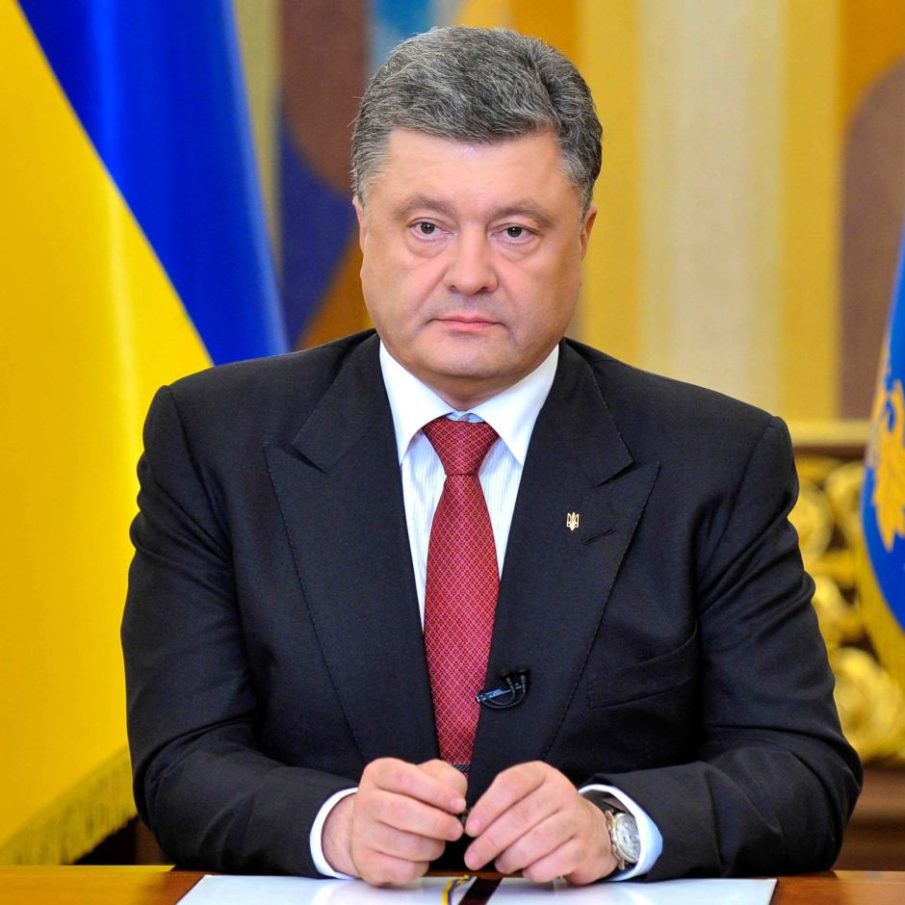Behind Russia’s Cyber strategy
AI Overview
Summary is AI-generated, newsroom-reviewed.
MOSCOW—Russia’s military laid out what is now seen as a blueprint for cyberwarfare with a 2013 article in a professional journal by Gen. Valery Gerasimov, the chief of Russia’s General Staff. Cyberspace, wrote Gen. Gerasimov, “opens wide asymmetrical possibilities for reducing the fighting potential
Read the full article for more on:
- Important insights and detailed analysis
- Expert commentary on current events
- Breaking developments and updates

MOSCOW—Russia’s military laid out what is now seen as a blueprint for cyberwarfare with a 2013 article in a professional journal by Gen. Valery Gerasimov, the chief of Russia’s General Staff. Cyberspace, wrote Gen. Gerasimov, “opens wide asymmetrical possibilities for reducing the fighting potential of the enemy.” At the time, Russia’s military was absorbing the lessons […]

What readers are saying
Generating a quick summary of the conversation...
This summary is AI-generated. AI can make mistakes and this summary is not a replacement for reading the comments.









COMMENTS